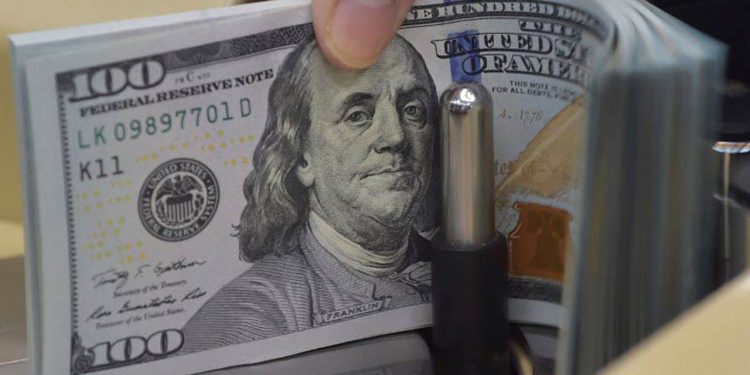In the wake of a significant drop in foreign exchange (FX) turnover, recent data from the FMDQ has shown that the naira experienced a slight depreciation. On June 6, 2024, the naira was valued at N1,476.24/$1 on the NAFEM window, marking a 0.17% decline from the previous rate of N1,473.66/$1. This minor percentage drop signals ongoing pressures on the naira within a fluctuating forex market.
On Thursday, the naira exhibited considerable volatility, trading within a wide range from N1,400/$1 to N1,500/$1. This broad trading range underscores the significant fluctuations occurring within a single trading day, driven by varying supply and demand dynamics. Such volatility is typical in an environment influenced by external economic factors, policy changes, and global market trends impacting currency stability.
Insights into the Forex Market
The sharp reduction in FX turnover highlights ongoing volatility and challenges within Nigeria’s foreign exchange market. The turnover hit a three-week low on Thursday, dropping by 75.98% from $385.91 million on Tuesday to $92.68 million. This significant drop can disrupt financial planning and operations for businesses that rely on stable exchange rates.
The reduced turnover suggests broader market uncertainties and possibly decreased liquidity or trading activities. The naira’s depreciation and the crash in FX turnover are linked to various factors, including macroeconomic challenges, policy decisions, and external economic pressures.
The Impact of Democracy Day
The forex market saw no trading on Wednesday due to the public holiday celebrating Nigeria’s Democracy Day on June 12. The turnover on Thursday was the lowest since May 17, 2024, when it fell to $83.5 million following a 69.40% crash.
Role of Afrexim Bank’s Disbursement
This recent crash in FX turnover follows the announcement by Afrexim Bank of the disbursement of $925 million, part of a $3.3 billion crude oil-backed loan agreement with the Nigerian National Petroleum Company Limited (NNPC) from last year. This latest disbursement brings the total payments under this facility to $3.175 billion, raised from crude oil off-takers including Oando Group and Sahara Energy.
Path to Stability
To address these issues, robust economic policies are essential to stabilize the foreign exchange market and support the naira. This involves tackling underlying economic problems, boosting forex reserves, and implementing effective monetary policies. Such measures are crucial to mitigate drastic market fluctuations and ensure long-term economic stability.
By adopting these strategies, Nigeria can restore confidence in its financial markets and support sustainable economic growth. The combination of effective policy measures and strategic financial planning will be vital in navigating the current challenges facing the naira and the broader economy.










